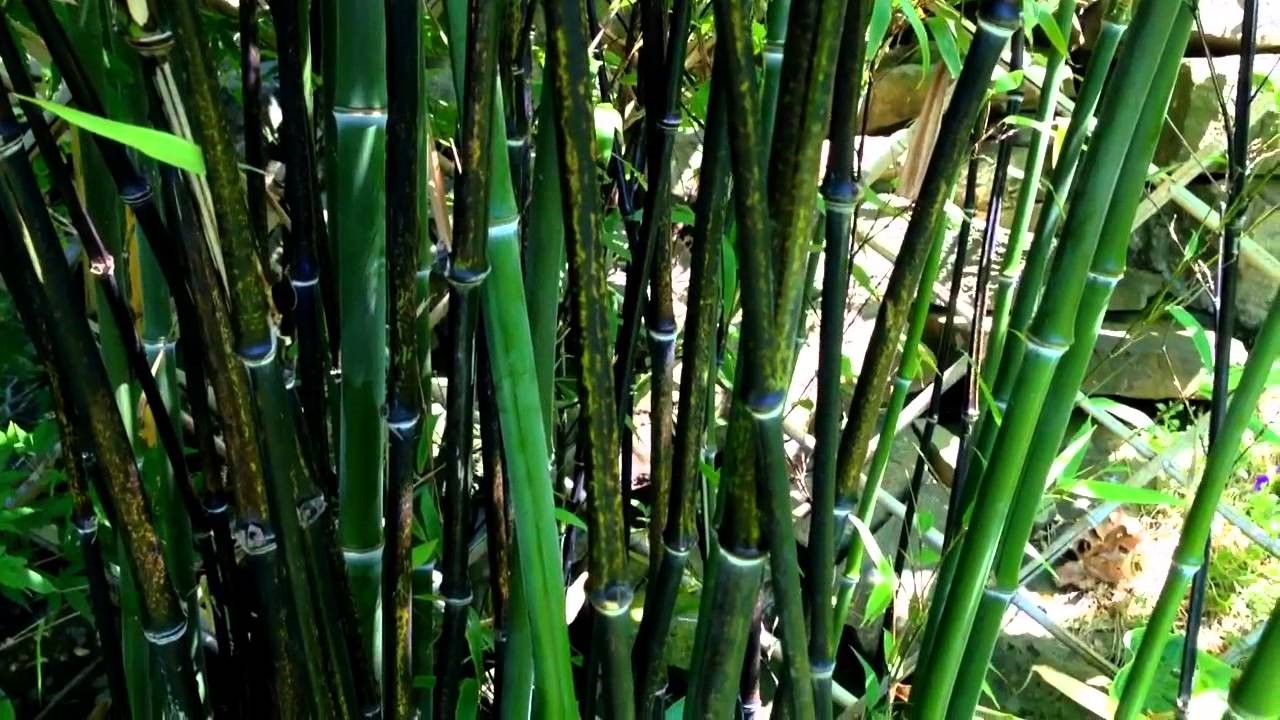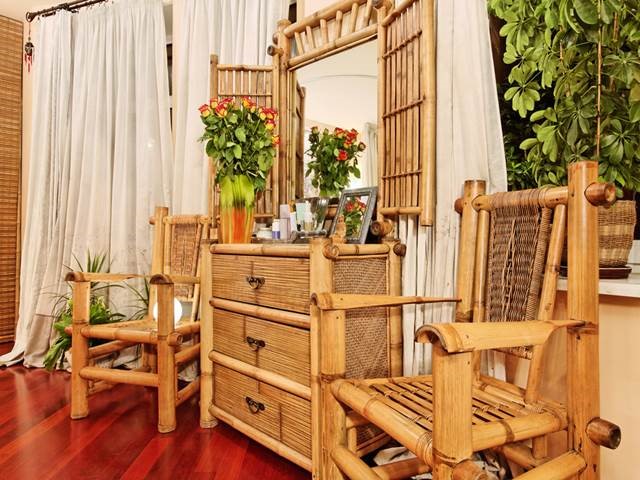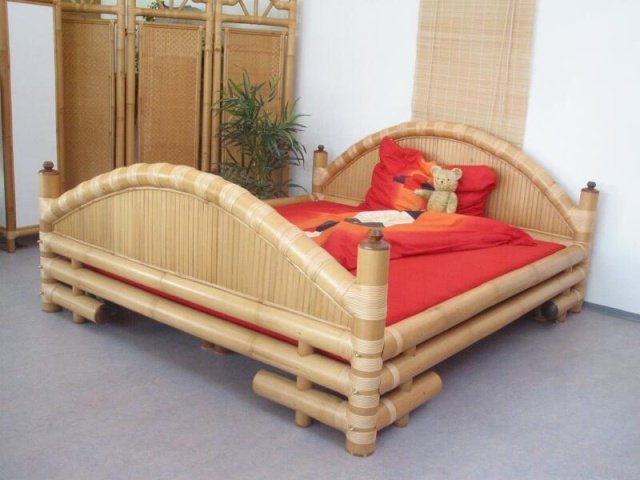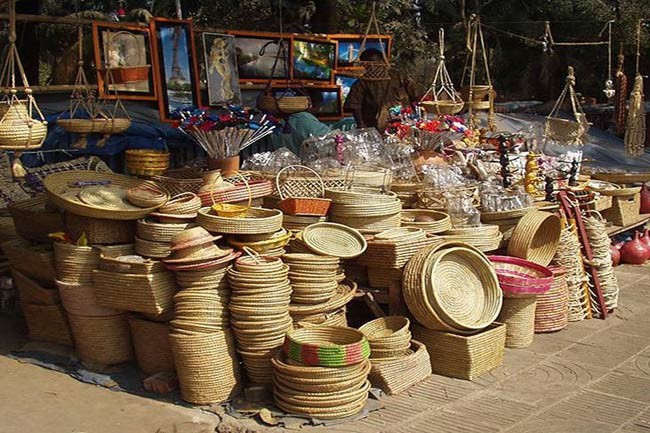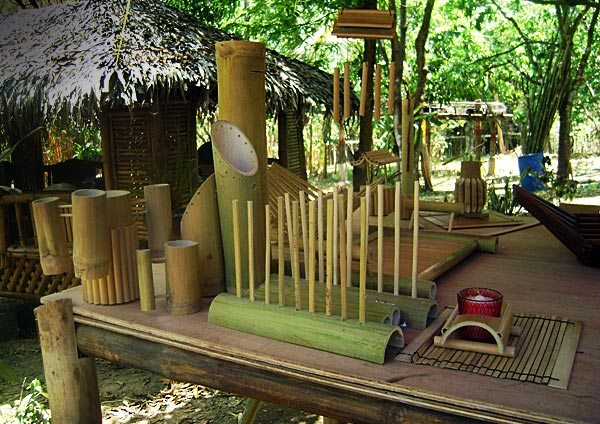About Bamboo in Bangladesh:
Bamboo is considered as valuable and important forest commodities in Bangladesh. It also plays an important role in the rural economy of the country. The people especially, the rural people use these minor forest produce for various purposes. About 90% needs of construction materials for village houses are being meeting from those in making furniture, mat and handicrafts in the rural areas also being used in pulp and papers mills as raw materials. In fact bamboo is popularly known as the “Wood for Poor”. By ensuring the supply of the raw materials, socioeconomic development of the village could be uplifted. As cottage industry is a labor-intensive sector, this could generate lot of employment in the rural areas. With the increased in population, the demand for those minor forest resources have increased manifold. In the Fact, the demand in higher than the supply. As a result, resource base has been decreasing day by day. To halt this process, we need further intervention in this arena for establishing plantation of those resources where active participation of past, the forest Department has convinced itself towards people-oriented forestry programs and has recognized the role of the local community groups in addressing the problems of forest degradation. In fact, in the new Forest Policy, people’s participation in the management of forest resources has been recognized. In our 20 years long Forest Master plan we also incorporated this concept.
Qualities of bamboo in Bangladesh:
• Fast growing plant and harvestable within 4 to 5 years. • Highly elastic, resistance capacity against strong and springs back when the stress is over. • Straight and cylindrical stem. • Light, hollow but hard and strong. • Possesses long fiber with maximum amount of cellulose (2.3 – 3.6 mm is average) • Excellent splitting ability in straight line.
Bamboo Plantation in Bangladesh:
1. The plantation will be raised with seedling raised in pots following popularly known as Konchi Kalam techniques. 2. Seeding will plant at the spacing of 4.50m * 4.50m and thus 494 seedlings will be accommodated per hectare. 3. Weeding will be carried out at the frequency of three times of one year old plantation or two times in two years old plantation. 4. In one-year-old plantation maximum 20% vacancy filling can be done. 5. Fertilizer will be applied in one year old plantation.
Types of bamboo in Bangladesh:
Saven species of bamboo grow naturally in the forests of Bangladesh. Among them mulibans (Melocanna baccifera) is most common. Others species – mitinga (Bambusa tulda), orah (Denrocalamus longispathus), dalu (Neohozeaua dullon Syn. Schizostachyum dulloon) and kail (Oxytenanthera nigrociliata) occur sporadically either in association with muli or in isolation forming small patches of pure stand. The other two species late (Melocalamus compactiflorus) and pache (dendrocalamus hamiltonii) are localized only in limited areas of Cox’s Bazaar and Sylhet forests respectively. The long rhizome necks of Melocalamus clumps have the habit of spreading and quickly cover the vacant space of the hills by producing culms within a short time provided the plant in not disturbed. The thrive well on moist sandy clay loam alluvial soils and on the well-drained residual soils consisting of almost pure stands, even to the summits of low sand hills. Bambusa tulda is another common bamboo generally found to grow as undergrowth sporadically or in patches on the flat alluvial deposits along streams in the mixed deciduous forest and also along the banks of the dry water course. The species is also being cultivated in the homesteads of Bangladesh. Dendrocalamus longispathus has been naturally distributed chiefly along the streams and in the moist parts of the upper mixed forests, on fertile loam. The species is rarely seen on the hill tops or drier slopes.
Bamboo export opportunity:
Bangladesh will become a bamboo-shoot exporting country soon as the Bangladesh Forest Research Institute (BFRI) has taken initiatives to promote its cultivation through introducing scientific methods and motivating farmers. BFRI officials told the news agency that the country could fetch huge foreign exchange by exporting bamboo-shoots and other products made of bamboos as these have a huge demand in the international market.
